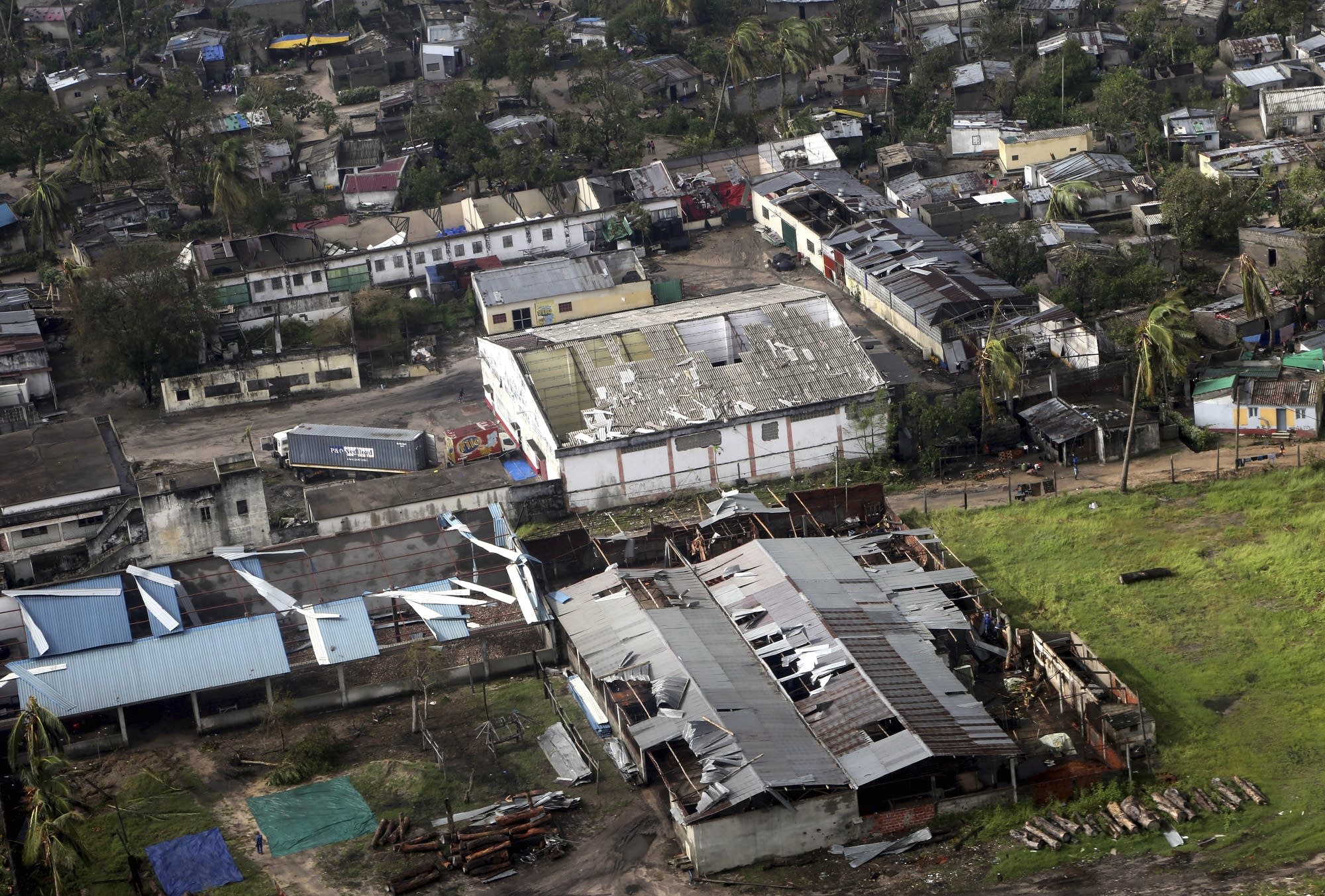When Cyclone Idai hit Southern Africa a few weeks ago, the aftermath was devastating. It is among the most fatal cyclone to ever struck the Southern Hemisphere. The death toll is now above 700 and over 3 million people are affected in Mozambique, Malawi, and Zimbabwe. There are even fears that humanitarian situations might worsen with predictions of a possible Cholera outbreak in Mozambique.
Following the disaster, though, humanitarian agencies that deployed to the affected countries were disappointed by the appalling levels of preparedness by government agencies and their poor post-disaster plans. But even as African governments are known to be often ill-equipped to efficiently respond to situations like this, bad public attitude towards the environment have made matters worse.
Cyclone Idai smashed into Mozambique nearly two weeks ago, unleashing hurricane-force winds and heavy rains. It flooded much of the center of the poor southern African country and then battered eastern Zimbabwe and Malawi.
African Governments must be Efficient in their Response
The technological capabilities of Mozambique, Zimbabwe, and Malawi have failed to handle the chaotic aftermath of Idai. In the three countries, there are hardly any accurate weather forecasting and none among them did enough to educate their people on how to sort for safety or protect their properties before the hit. With a continued change in climate leading to more floods and other weather emergencies as we have recently seen in the Gambia and Somaliland, African governments must be better prepared for emergencies like Idai.
[perfectpullquote align=”right” bordertop=”false” cite=”” link=”” color=”” class=”” size=””]The careless disposal of residential wastes and the handling of non-decomposing organic materials like plastics and industrial wastes are some of the reasons floods are now more common in Africa.[/perfectpullquote]
They can start by allocating sufficient funds for relevant agencies like the interior ministries and emergency management authorities. Spending on these departments is better than allocating millions of dollars to national soccer teams or increasing the allowance of government officials. More so, other non-expensive means of preparation like training and equipping the military in emergency response can help, too.
Each of the three countries affected by Idai has a standing military and none of them is actively engaged in warfare. It will be beneficial if they can be trained in disaster rescue missions like other countries are already doing. They should be given specialized equipment like rescue aircraft to help reach and evacuate remote areas before and after emergencies like Idai. It is even more important that African governments improve their post-disaster plans. Having the best equipment and money would not make life less strenuous for people if there are no near perfect plans to get them to safety.
Many of those affected by Idai, for instance, have not been reached by emergency and aid reliefs. Non-governmental organizations working on the ground have complained about the absence of frameworks that are supposed to guide local operations especially with the tricky terrains and poor infrastructure in the affected countries. If people remain stuck in these bad conditions, they will be more exposed to cholera and other waterborne diseases. This will only add insult to injury.
Africans should always Treat the Environmental Right
The careless disposal of residential wastes and the handling of non-decomposing organic materials like plastics and industrial wastes are some of the reasons floods are now more common in Africa. Most of these dangerous materials end up in the lagoon and rivers such that when it floods, the sewage network often gets overwhelmed. This is the case in many of the cities affected by Idai.
These materials are often dropped along the waterways by ordinary citizens and industries such that over time, they build up forming huge unmanageable stash of waste that affects proper drainage. When it rains heavily, the overwhelmed points usually burst, and with poor maintenance, they remain in bad conditions. When there is any major flooding, the cities will be taken by streams of water and dirt. This condition has caused a great imbalance in the ecosystem. Desertification is another problem that is closely linked to drainage obstruction. But Growing more trees instead of pulling them down can help control climate change.
Africans must make the extra effort to keep their environment eco-friendly and governments must not wait until disasters happen before showing desperation.
Oluwaponmile Orija is a Writing Fellow with African Liberty and a graduate of the Federal University of Agriculture, Abeokuta. Twitter: @BrownySaysblog

